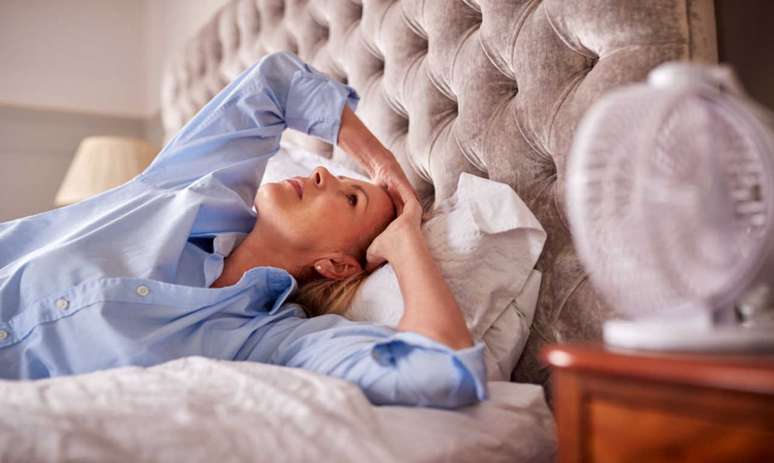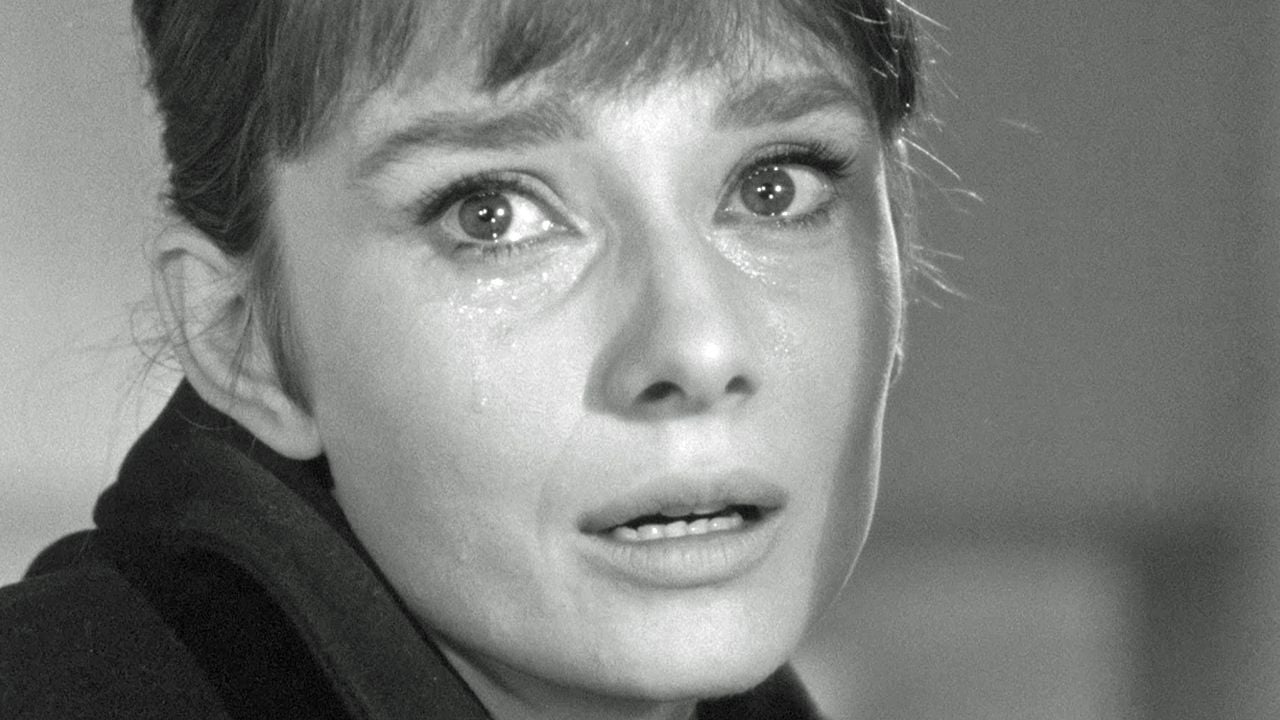A survey has shown that an alarming number of menopausal women suffer from changes in sleep patterns, disrupting their health and routines
Menopause goes far beyond the uncomfortable feeling of heat. This is underlined by the data from the evaluations carried out by Plenapausa, a Brazilian femtech specialized in climacteric. The research has already evaluated more than five thousand women and brings an alarming number: 84% of the study participants suffer from sleep disorders.
html[data-range=”xlarge”] figure image img.img-57d06ffc8ca9b57720a0e6ef69d080e3ge46mb75 { width: 774px; height: 463px; }HTML[data-range=”large”] figure figure img.img-57d06ffc8ca9b57720a0e6ef69d080e3ge46mb75 { width: 548px; height: 328px; }HTML[data-range=”small”] figure image img.img-57d06ffc8ca9b57720a0e6ef69d080e3ge46mb75, html[data-range=”medium”] figure image img.img-57d06ffc8ca9b57720a0e6ef69d080e3ge46mb75 { width: 564px; height: 337px; }
According to gynecologist and clinical lead of femtech, Dr. Natacha Machado, all symptoms are important, whether they are physical or emotional. Despite this, changes in sleep can be one of the main ways to negatively impact the lives and routines of menopausal women.
“Sleep is one of the basic needs of human beings. We need a quality night’s sleep to be able to carry out basic daily activities with due attention, such as exercising, working, reading, driving, among others. In addition, sleep deprivation alters cortisol, insulin and triglycerides, increasing cardiovascular risk such as heart attack and stroke and, in the medium and long term, this deprivation increases the incidence of Alzheimer’s and other dementias,” he points out.
Difficulties beyond menopause
But in the practical life of these women this is not the case. Difficulty sleeping, poor quality sleep that does not recover, i.e. sleeping and waking up still tired, are among the main complaints of women in this stage.
“This happens due to the hormonal imbalance and the drop in estrogen at this stage, which are hormones associated with regulating a woman’s sleep. It is also common for hot flashes to occur during sleep, causing her to wake up several times during the night.” night. And therefore, the woman may be less available and attentive, feel tired, sleepy and have mood swings during the day”, she explains.
According to psychoanalyst and founder of Plenapausa, Márcia Cunha, physiological changes can significantly interfere in a woman’s personal and professional life. “When you go through menopause, life doesn’t stop for it and it shouldn’t. So, the woman keeps getting up early to work, has meetings, deadlines, as well as relationships with friends and family. All these daily problems, added to the physical changes , emotional, and associated with not sleeping well, can be very stressful and exhausting,” she says.
How to improve the quality of sleep
To help with this problem by promoting a more peaceful night’s sleep, herbal medicines may be an option. “Herbal medicine is an excellent strategy to deal with this symptom, as there are no contraindications. Supplements rich in tryptophan which help in the production of serotonin and those enriched with melatonin, which is the hormone responsible for controlling sleep cycles, are the indicated for these cases,” says the gynecologist.
In addition, other measures can also help you have a more peaceful night. The doctor recommends creating sleep hygiene. That is, adopt some practices that provide more comfort at night. Are they:
- Go to sleep at about the same time every day;
- Go to bed in fresh, comfortable clothes;
- Try to keep the room as quiet as possible, with a pleasant temperature and little lighting;
- Avoid stimulating drinks at night, such as coffee, sodas and alcoholic beverages;
- Maintain good eating habits;
- Have an exercise routine.
“Practicing physical exercises at least three times a week can also help, as it improves the quality of sleep. A good tip for menopausal women who suffer from this symptom is to favor physical exercise in the morning or a few hours before bedtime”, if you choose a high-intensity mode, which makes you more active. If you choose a more relaxing modality like yoga, it might be interesting to do it closer to bedtime,” concludes Natacha.
Source: Terra
Ben Stock is a lifestyle journalist and author at Gossipify. He writes about topics such as health, wellness, travel, food and home decor. He provides practical advice and inspiration to improve well-being, keeps readers up to date with latest lifestyle news and trends, known for his engaging writing style, in-depth analysis and unique perspectives.


-vbnfqu6x671s.png)



![Everything for the light: Victoria’s lost brother is re -emerging … which is waiting for you for a week from July 21, 2025 to 25 to 25 [SPOILERS] Everything for the light: Victoria’s lost brother is re -emerging … which is waiting for you for a week from July 21, 2025 to 25 to 25 [SPOILERS]](https://fr.web.img4.acsta.net/img/47/f5/47f509b19ed6436b5de2bbbeef730efe.png)


